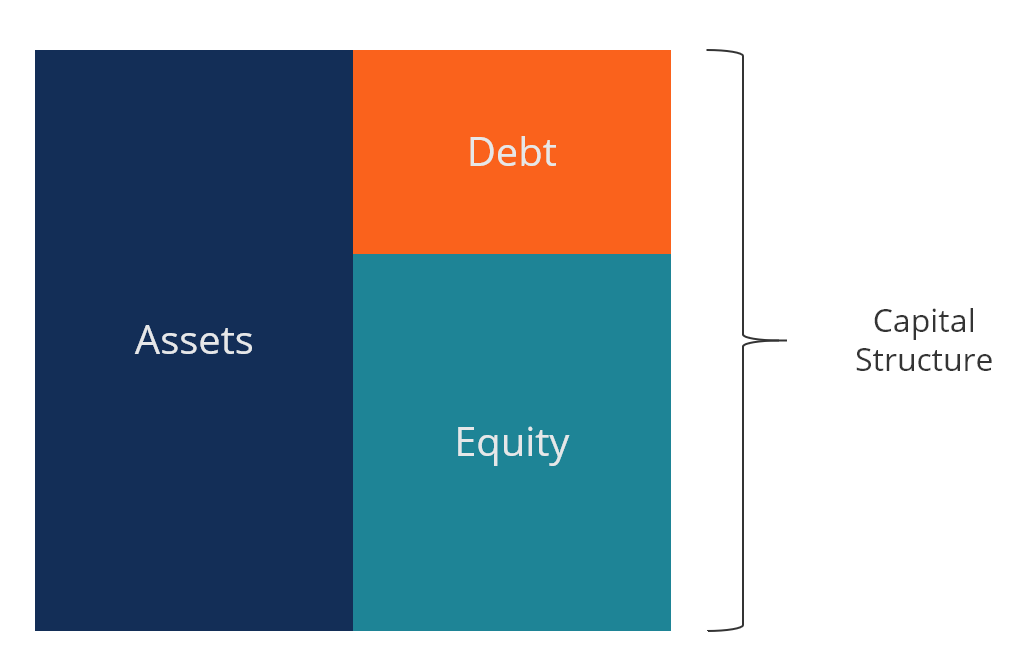Americans do not currently need a passport to travel to a number of Caribbean islands. For example, in 2005, some 50% of Americans taking a trip to Jamaica did not have a passport. Caribbean federal governments likewise argue that a bulk of tourism incomes are derived from travelers getting here by air and keep that the recent changes in U. Which of the following approaches is most suitable for auditing the finance and investment cycle?.S. law attending to a different due date for sea travel was done to appease cruise liner carriers. A controversial concern in U.S. relations with the Caribbean has been a World Trade Organization (WTO) complaint filed by Antigua and Barbuda challenging U.S. limitations on cross-border Web gaming. Antigua, which has actually purchased Internet gambling as a means of diversifying its economy, keeps that it has actually lost millions of dollars due to the fact that of the U.S.
In July 2006, the WTO established a conflict resolution panel to identify whether the United States had abided by a 2005 WTO ruling that backed Antigua's claim that the U.S. limitations breach the United States' market gain access to commitments under the WTO's General Contract on Sell Solutions (GATS). Antigua preserves that the United States has taken no action to adhere to the previous ruling. In September 2006, Congress approved legislation to punish unlawful Internet betting (P.L. 109-347, Title VIII, H.R. 4954). CARICOM officials have revealed issues about the U.S. inaction in the WTO case and told U.S. authorities that they consider it a local Caribbean problem with the United States as opposed to just a U.S.
( For more, see CRS Report RL32014, WTO Disagreement Settlement: Status of U.S. Compliance in Pending Cases, by [author name scrubbed] and CRS Report RS22418, Web Gaming: 2 Techniques in the 109th Congress, by [author name scrubbed]) U.S. relations with Haiti were strained under the federal government of Jean Bertrand Aristide since of issues over corruption and human rights, but there has been restored cooperation with Haiti, initially under the interim federal government that took workplace https://writeablog.net/aureenkn2c/other-charges-may-still-apply-consisting-of-those-for-excess-wear-usage-and in February 2004, and more just recently under the freshly chosen federal government of President Rene Preval inaugurated in May 2006. The Administration is hoping that a chosen federal government will support the advancement of working institutions and facilities and a decrease in violence Get more information that will assist recognize such as goals as enhancing the human rights circumstance, reducing hardship, and decreasing narcotics trafficking.
policy towards Haiti. (For further on U.S. policy towards Haiti, see CRS Report RL32294, Haiti: Developments and U.S. Policy Considering That 1991 and Current Congressional Issues, and CRS Report RL33156, Haiti: International Help Technique for the Interim Federal Government and Congressional Issues, both by [author name scrubbed]; and CRS Report RS21349, U.S. Migration Policy on Haitian Migrants, by [author name scrubbed]) Because the early 1960s, U.S. policy towards Cuba has consisted mostly of separating the island nation through financial sanctions, including a trade embargo. The Bush Administration has basically continued this policy, although it has further tightened up economic sanctions, especially on travel.

The Only Guide to How To Finance A Car Through A Bank
policy includes assistance procedures for the Cuban individuals, including personal humanitarian contributions, U.S.-sponsored radio and television broadcasting to Cuba, and U.S. funding to support democracy and human rights. U.S. migration policy toward Cuban migrants has actually been described as a "damp foot/dry foot policy," with the U.S. Coast Guard give back timeshare bbb interdicting Cuban migrants at sea and returning them to Cuba, while those Cubans who reach coast are generally permitted to make an application for permanent resident status. (For further info on policy towards Cuba, see CRS Report RL32730, Cuba: Issues for the 109th Congress; CRS Report RL33622, Cuba's Future Political Situations and U.S.
Limitations on Travel and Remittances; all three by [author name scrubbed]; and CRS Report RS20468, Cuban Migration Policy and Issues, by [author name scrubbed]) The United States has offered substantial quantities of foreign support to the Caribbean over the previous 25 years. U.S. support to the area in the 1980s totaled up to about $3. 2 billion, with the majority of focused in Jamaica, the Dominican Republic, and Haiti. A help program for the Eastern Caribbean likewise supplied substantial help, specifically in the after-effects of the 1983 U.S - What is a consumer finance company.-led military intervention in Grenada. In the 1990s, U.S. support to Caribbean nations declined to about $2 billion, or a yearly average of $205 million.
1 billion in support or 54% of the total. Jamaica was the 2nd biggest U.S. help recipient in the 1990s, receiving about $507 million, almost 25% of the total, while the Dominican Republic got about $352 million, about 17% of the total. Eastern Caribbean nations got about $178 million in assistance, nearly 9% of the total. The bulk of U.S. help was economic help, including Development Assistance, Economic Support Funds, and P.L. 480 food aid. Military help to the region amounted to less than $60 million throughout the 1990s. Since FY2000, U.S. aid to the Caribbean area (consisting of FY2006 help estimates) has actually amounted to practically $1.

Haiti represented some 51% of help to the Caribbean area during this duration. As in the 1990s, the bulk of support to the area consisted of economic assistance. With regard to cyclone catastrophe support, Congress appropriated $100 million in October 2004 in emergency situation assistance for Caribbean countries (P.L. 108-324), with $42 million for Grenada, $38 million for Haiti, $18 million for Jamaica, and $2 million for other countries affected by the storms. General assistance to the Caribbean amounted to $393 million in FY2005 and an approximated $306 million in FY2006 (see ). Which of the following was eliminated as a result of 2002 campaign finance reforms?. For FY2007, the Administration has requested about $322 million in help for the Caribbean, with about $198 million or almost 62% of the overall for Haiti, $35 million for the Dominican Republic, $31 million for Guyana, and practically $17 million for Jamaica.
The How Old Of A Car Will A Bank Finance Statements
Kitts and Nevis, St. Lucia, and St. Vincent and the Grenadines) is provided through USAID's Caribbean Regional program, which also moneys some region-wide jobs; for FY2007, the Administration asked for $11. 6 million for the program. The Eastern Caribbean would also get about $1. 5 million in military assistance and $3. 2 million to support a Peace Corps existence. The demand of $3 million for the "3rd Border Effort" (TBI) would money local jobs for the 14-nation Caribbean Neighborhood (CARICOM) plus the Dominican Republic that concentrate on enhancing travel and border security in the region, disaster preparedness, and higher company competitiveness.
( See ). Expecting future years, numerous Caribbean countries are potential receivers for Millennium Challenge Account (MCA) assistance, an initiative to target foreign support to nations with strong records of performance in the locations of governance, economic policy, and investment in individuals. Although Haiti and Guyana have actually been candidate nations possibly qualified for MCA funds because FY2004 (because of low per capita earnings levels), neither nation has actually been authorized to participate in the program due to the fact that they have actually not satisfied MCA performance criteria. Guyana, however, was designated an MCA threshold nation for FY2005 and FY2006 and could be authorized in future years for MCA financing.